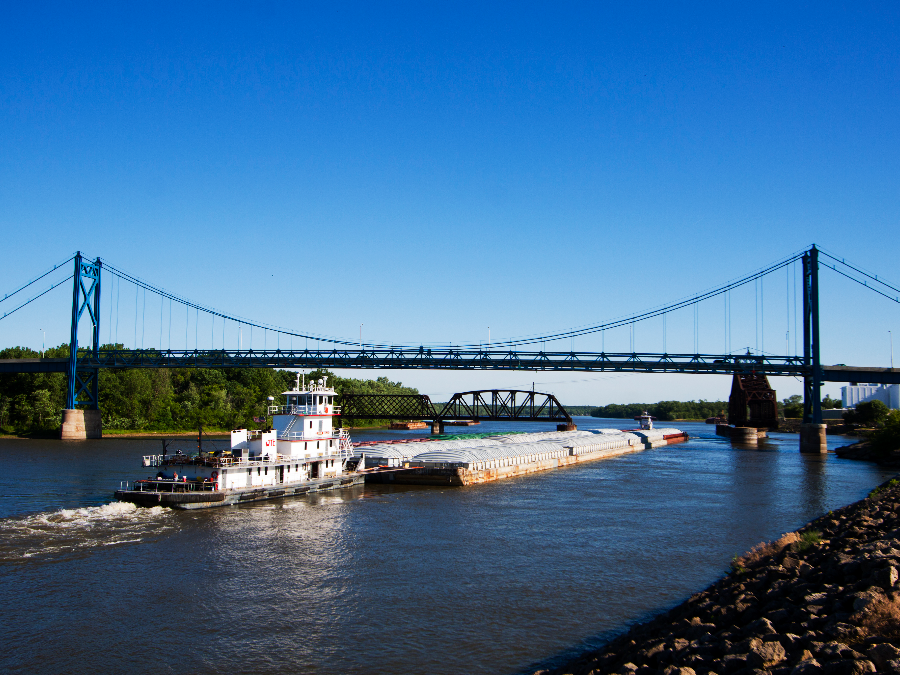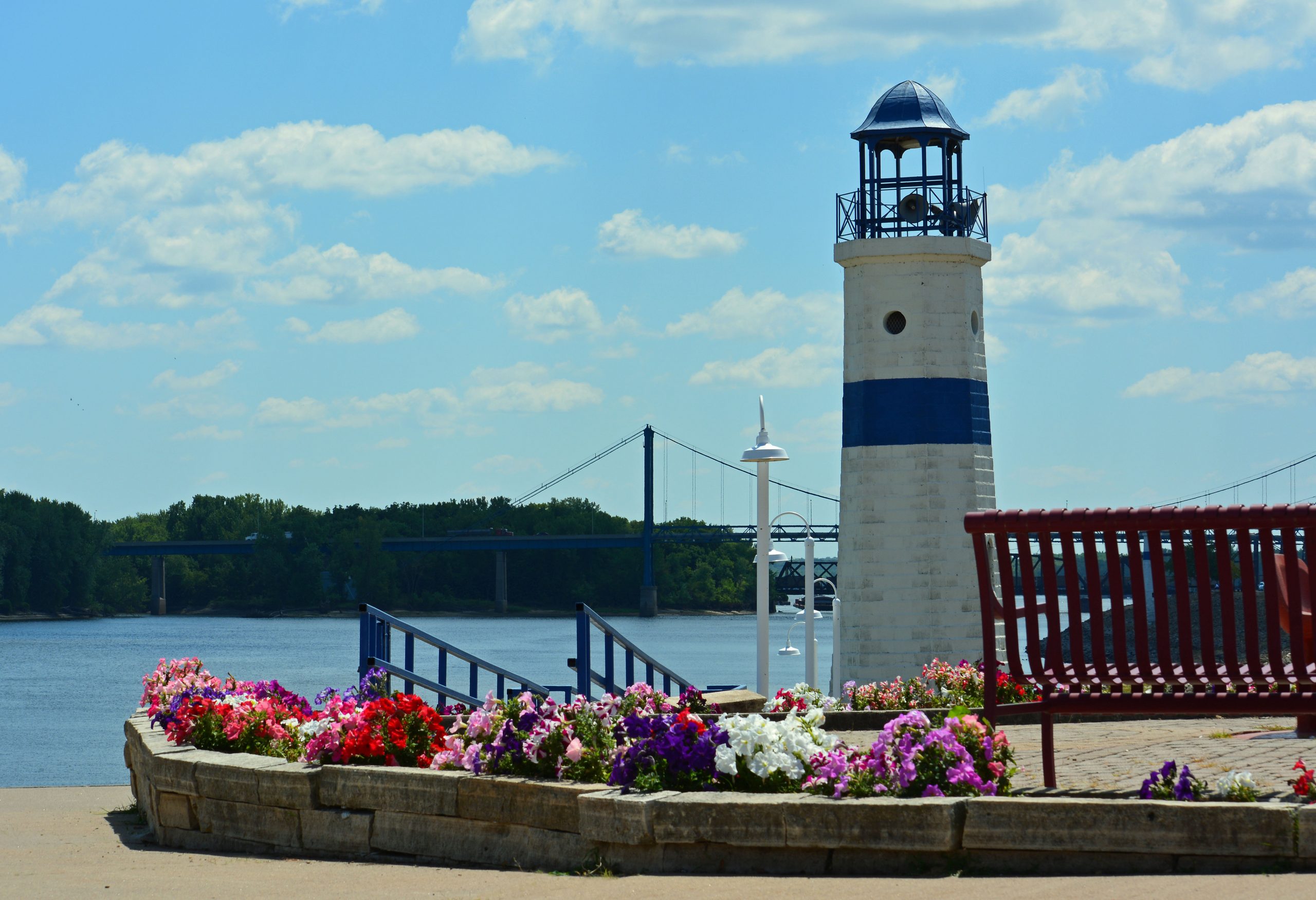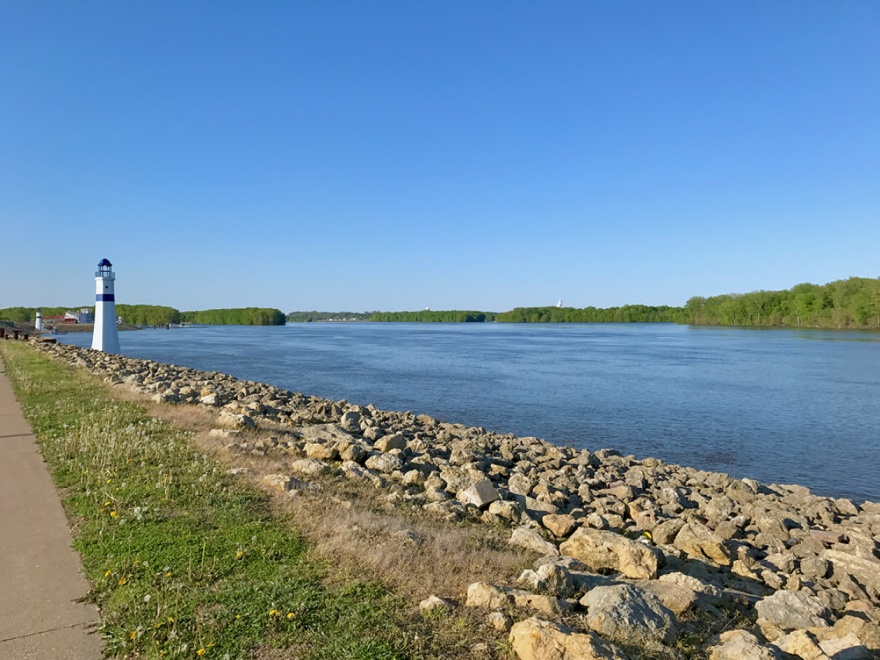Exploring Clinton, Iowa: A Journey Through History, Culture, and Geography
Related Articles: Exploring Clinton, Iowa: A Journey Through History, Culture, and Geography
Introduction
In this auspicious occasion, we are delighted to delve into the intriguing topic related to Exploring Clinton, Iowa: A Journey Through History, Culture, and Geography. Let’s weave interesting information and offer fresh perspectives to the readers.
Table of Content
Exploring Clinton, Iowa: A Journey Through History, Culture, and Geography

Clinton, Iowa, nestled along the banks of the Mississippi River, boasts a rich history and vibrant culture that is reflected in its unique geography. Understanding the city’s layout, its relationship with the surrounding landscape, and its historical development provides valuable insights into the essence of Clinton.
A Glimpse into Clinton’s Geography:
Clinton’s location on the western bank of the Mississippi River plays a pivotal role in shaping its character. The river, a natural border with Illinois, has been a source of life and livelihood for the city since its founding. Its banks are lined with industrial areas, historic buildings, and parks, offering a picturesque backdrop for the city’s urban fabric.
The city’s topography is characterized by rolling hills and valleys, a feature common to the surrounding landscape. These gentle slopes offer scenic views of the river and surrounding countryside. The city’s layout is largely defined by a grid system, with streets running parallel and perpendicular to the river. This grid pattern reflects the city’s planned development, a characteristic shared with many American towns founded in the 19th century.
Historical Development and Key Landmarks:
Clinton’s history is interwoven with the development of the Mississippi River as a transportation route. The city was founded in 1855 and quickly became a major hub for commerce and industry, particularly in lumber, agriculture, and manufacturing. This growth is reflected in the city’s architectural landscape, featuring a mix of historic buildings from different eras.
Notable landmarks include the Clinton County Courthouse, a majestic structure built in the late 19th century, and the Eagle Point Park, a sprawling green space offering stunning river views. The city’s downtown area boasts a collection of beautifully preserved Victorian buildings, showcasing its past as a thriving commercial center.
Exploring Clinton’s Cultural Landscape:
Clinton’s cultural scene is as diverse as its history. The city is home to a variety of museums, theaters, and art galleries, reflecting the interests and creativity of its residents. The Clinton County Historical Society Museum offers a glimpse into the city’s past, while the Clinton Art Center showcases local and regional artists.
The city’s vibrant music scene is reflected in its numerous live music venues, ranging from intimate pubs to larger concert halls. The annual Riverfest, a celebration of music, art, and food, draws visitors from across the region, showcasing the city’s vibrant spirit.
Navigating Clinton: A Guide for Visitors:
For visitors, understanding the city’s layout is crucial for exploring its attractions. The city’s downtown area is easily walkable, allowing visitors to discover its historic buildings, shops, and restaurants. For exploring the city’s outskirts, car travel is recommended, offering access to scenic drives along the river and surrounding countryside.
Public transportation is available within the city, offering a convenient and cost-effective option for exploring various neighborhoods. The city’s proximity to Interstate 80 and other major highways makes it easily accessible by car from surrounding areas.
Understanding Clinton’s Importance:
Clinton’s importance lies not only in its historical significance and cultural richness but also in its role as a regional economic hub. The city’s diverse industries, ranging from manufacturing and agriculture to tourism and healthcare, contribute to the economic vitality of the region.
Clinton’s location on the Mississippi River has also played a crucial role in its development as a transportation hub, connecting the city to major markets and industries. The city’s strategic location and diverse economic base make it a significant player in the regional economy.
FAQs about Clinton, Iowa:
Q: What is the population of Clinton, Iowa?
A: The population of Clinton, Iowa, as of the 2020 census, was approximately 25,000.
Q: What are the major industries in Clinton, Iowa?
A: Clinton’s major industries include manufacturing, agriculture, tourism, and healthcare.
Q: What are some popular attractions in Clinton, Iowa?
A: Popular attractions in Clinton, Iowa, include the Clinton County Courthouse, Eagle Point Park, the Clinton County Historical Society Museum, and the Clinton Art Center.
Q: How can I get to Clinton, Iowa?
A: Clinton, Iowa, is easily accessible by car, with Interstate 80 and other major highways passing through the city. The city also has a regional airport, serving smaller aircraft.
Q: What are some of the best places to eat in Clinton, Iowa?
A: Clinton offers a variety of dining options, ranging from casual eateries to fine dining restaurants. Some popular options include The Riverview Restaurant, The Mill, and The Old Brick Roadhouse.
Tips for Exploring Clinton, Iowa:
- Plan your itinerary: Research the city’s attractions and activities in advance to make the most of your visit.
- Consider visiting during Riverfest: This annual festival offers a vibrant celebration of music, art, and food.
- Explore the city’s historic downtown: Take a walk through the downtown area to admire the beautifully preserved Victorian buildings.
- Enjoy the scenic views from Eagle Point Park: This sprawling park offers stunning views of the Mississippi River.
- Sample the local cuisine: Try some of the city’s signature dishes, such as the Clinton County Pork Tenderloin.
Conclusion:
Clinton, Iowa, is a city steeped in history, culture, and natural beauty. Its strategic location on the Mississippi River, its diverse industries, and its vibrant cultural scene make it a unique and captivating destination. Whether you’re interested in exploring its historical landmarks, enjoying its scenic landscapes, or experiencing its cultural offerings, Clinton has something to offer every visitor. By understanding the city’s geography, history, and cultural landscape, visitors can gain a deeper appreciation for its unique character and its importance as a regional hub.







Closure
Thus, we hope this article has provided valuable insights into Exploring Clinton, Iowa: A Journey Through History, Culture, and Geography. We hope you find this article informative and beneficial. See you in our next article!